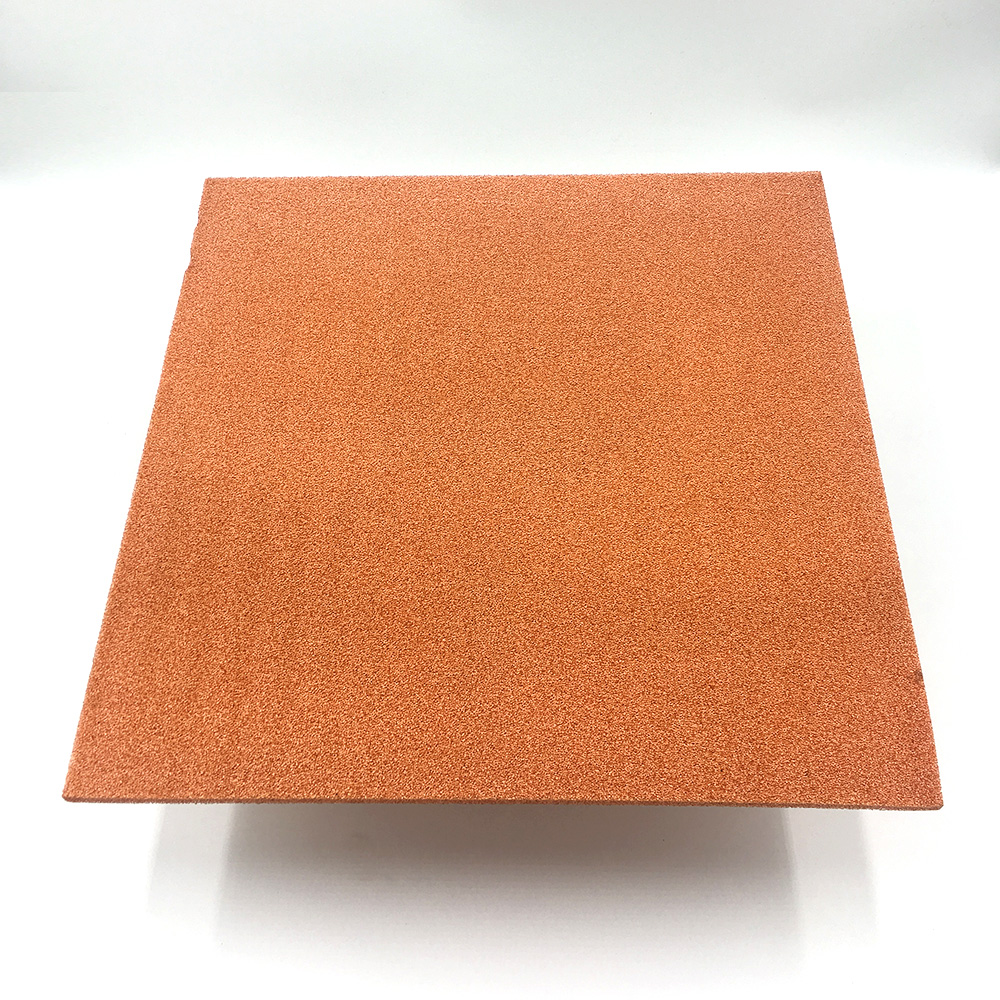By Argie Sarantinos, CCDC Public AffairsSeptember 30,
ABERDEEN PROVING GROUND, Md. – Forward Operating Bases are typically surrounded by barbed wire, concrete barriers, gates, watchtowers and other infrastructures. A new material – aluminum foam – may be a possible solution for additional force protection, due to its ability to absorb energy from blasts. Metal Foam Applications

The aluminum foam is added to panels clad with steel that are part of existing structures or bolted together to create larger structures. The panels are also used in jersey style barriers to protect against truck bombs.
Aluminum foam was recently tested in a lab and at an explosives testing range at Picatinny Arsenal, New Jersey, with funding from the Office of the Under Secretary of Defense- Global Capability Programs Foreign Comparative Testing program. The FCT program provides funding to acquire, test and evaluate mature products from foreign industry that may fill a capability gap or satisfy an urgent need. The aluminum foam is manufactured in South Korea and Canada.
Aluminum foam is inexpensive to produce, and it can be made into various sizes and shapes, including panels. While it is currently manufactured and shipped from South Korea and Canada, several companies in the United States are interested in expanding production to make aluminum foam. Creating an affordable supply chain in the U.S. will eliminate difficulties with shipping the product outside the country and create additional jobs in the U.S.
Testing to verify and confirm the manufacturers’ claims was conducted at Picatinny Arsenal. Explosives were initiated next to the aluminum foam panels, which were held in place with I-beams.
Testing was initially conducted in South Korea; during testing, the panels absorbed the energy from the blast, collapsing its cellular structure and preventing any damage from transmitting to the other side. The tests at Picatinny Arsenal, as well as upcoming tests, will determine if aluminum foam will be beneficial for the Army overall, as well as other services.
The FCT program provided funding to purchase additional aluminum foam for Insensitive Munitions testing with XM1128 artillery. This was proposed as a low cost, easy to implement packaging solution to reduce the sensitivity and collateral damage in sympathetic reaction and fragment impact scenarios. This testing has been slated but delayed due to the coronavirus pandemic.
In addition to military uses, aluminum foam is used in a variety of applications including sound mitigation, highway barriers, and storm debris mitigation because of its unique properties.
Because of its versatility, aluminum foam has sparked interest and possible use for military ground vehicles, aircraft and watercraft due to its low weight, stiffness and buoyancy. Lighter vessels and vehicles will not only move faster and use less fuel, they will require fewer refueling trips and enable Soldiers to maneuver more easily.
The Army is working with several companies on additional energy and resource savings, including an energy conscious solution that melts raw scrap aluminum to create aluminum foam. This will reduce steps in the recycling supply chain, which will lead to cost savings.
Future efforts could include using aluminum foam to rapidly manufacture, ship and erect buildings quickly in key locations. Recent research shows many allied countries and adversarial countries have already been using aluminum foam to protect civilian and defense employees.
The congressionally authorized OUSD (R&E) FCT Program provides an opportunity for DOD engineers, scientists and program managers to receive funding through a competitive process, which can be used to acquire, test and evaluate mature items and technologies from the industry of allies and other friendly nations that may fill a capability gap and or satisfy an urgent need. The program, which is executed for the Army by CCDCs Global Technology Office, encourages international cooperation and helps reduce the DOD's overall acquisition costs.
Army tests aluminum foam for protection against blasts
Army tests aluminum foam for protection against blasts

Aluminum Metal Foam Army tests aluminum foam for protection against blasts